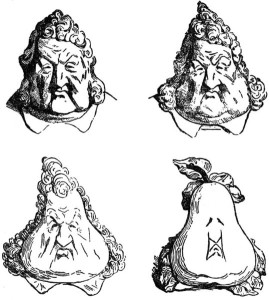It’s Tuesday night as I write this and in the US, as you may know, there’s an election. I am distracted. A wee bit.
Brooke’s Gazeteer to the rescue.
Ilminster, a town in Somersetshire, with a market on Saturday; seated among hills, 26 miles SW of Wells, and 137 W by S of London. Google maps confirms this.
Wikipedia tells us the following:
Ilminster is a country town and civil parish in the countryside of south west Somerset, England, with a population of 4,781. Bypassed a few years ago, the town now lies just east of the junction of the A303 (London to Exeter) and the A358 (Taunton to Chard and Axminster). The parish includes the village of Peasmarsh and the hamlet of Sea.
Peasmarsh. That is awesome.
Also from Wikepedia:
Ilminster is mentioned in documents dating from 725 and in a Charter granted to the Abbey of Muchelney (10 miles to the north) by King Ethelred in 995. Ilminster is also mentioned in the Domesday Book (1086) as Ileminstre meaning ‘The church on the River Isle’ from the Old English ysle and mynster. By this period Ilminster was a flourishing community and was granted the right to hold a weekly market, which it still does.
Barrington Court is nearby. This is a National Trust house, and the pictures here are worth a click.
You REALLY need to see the before and after restoration pictures. Wow.








